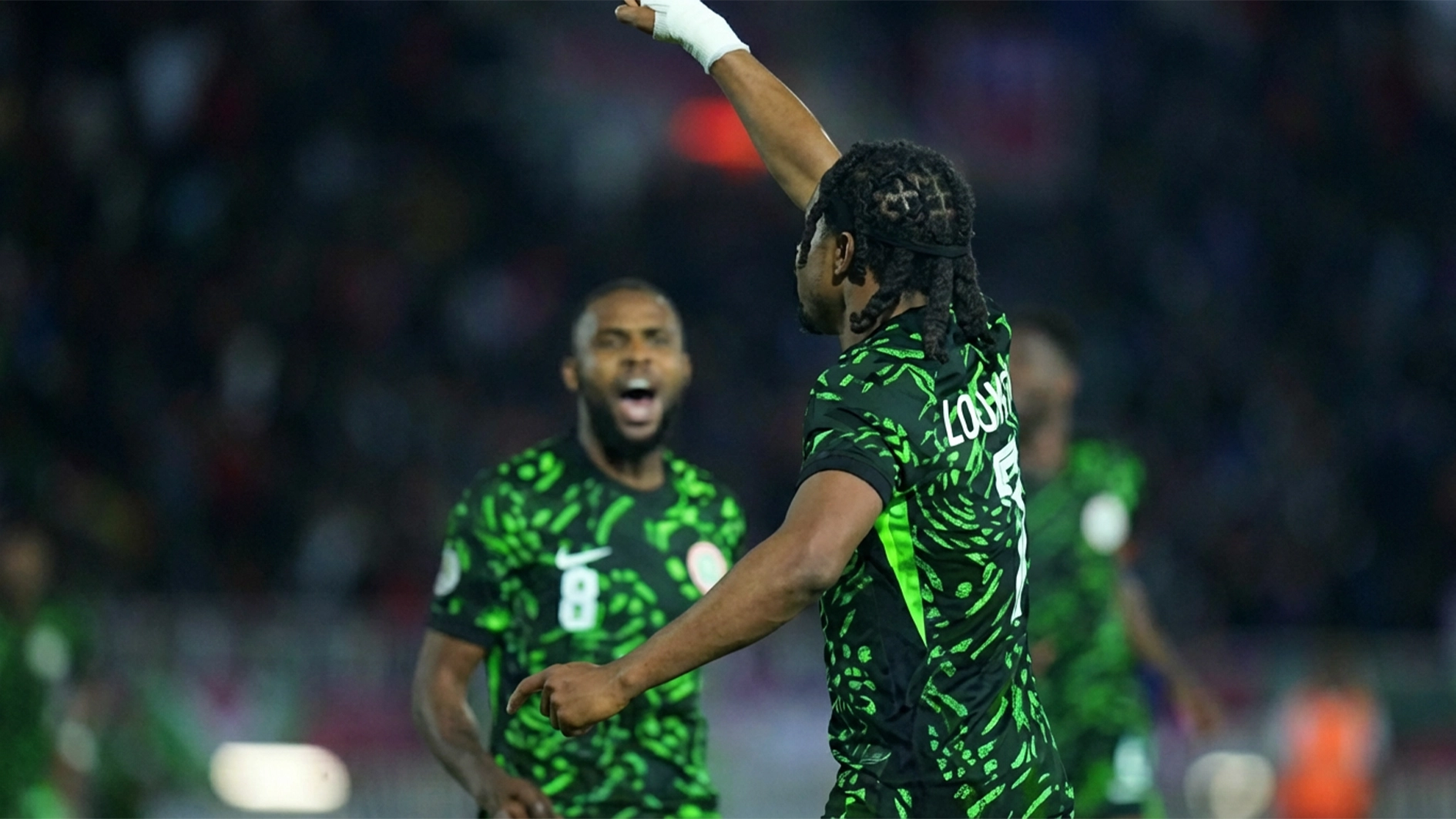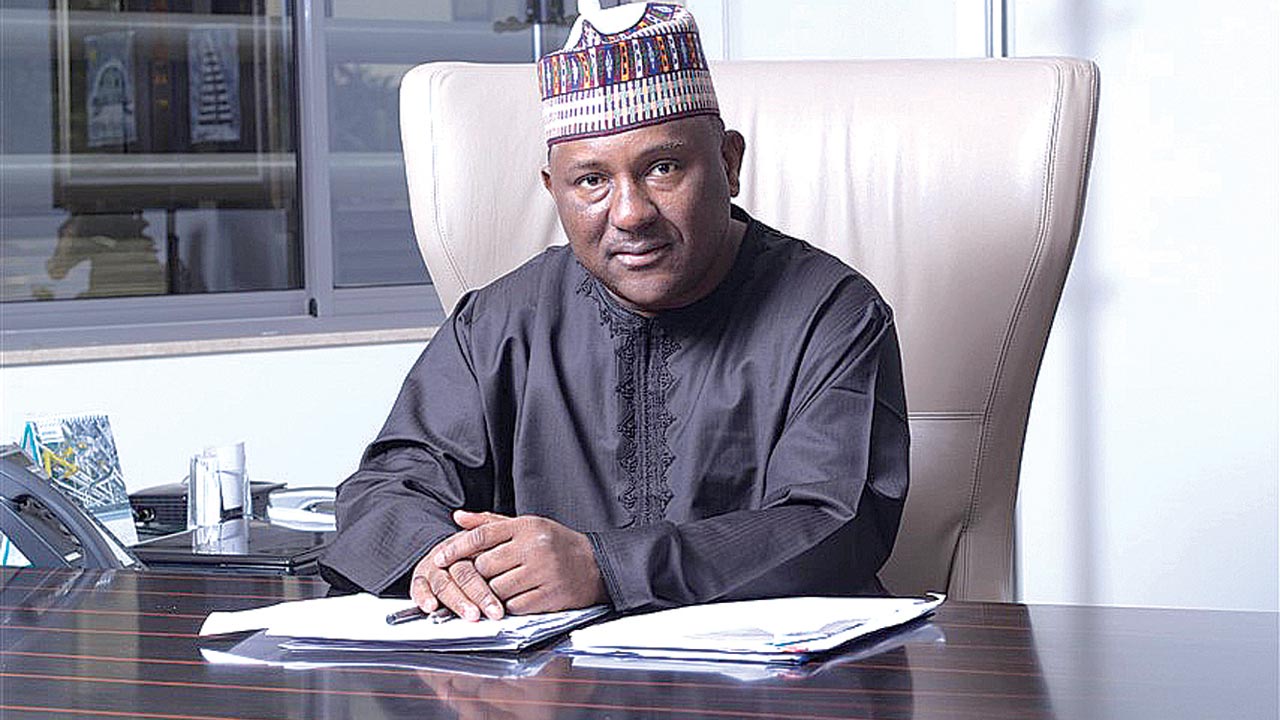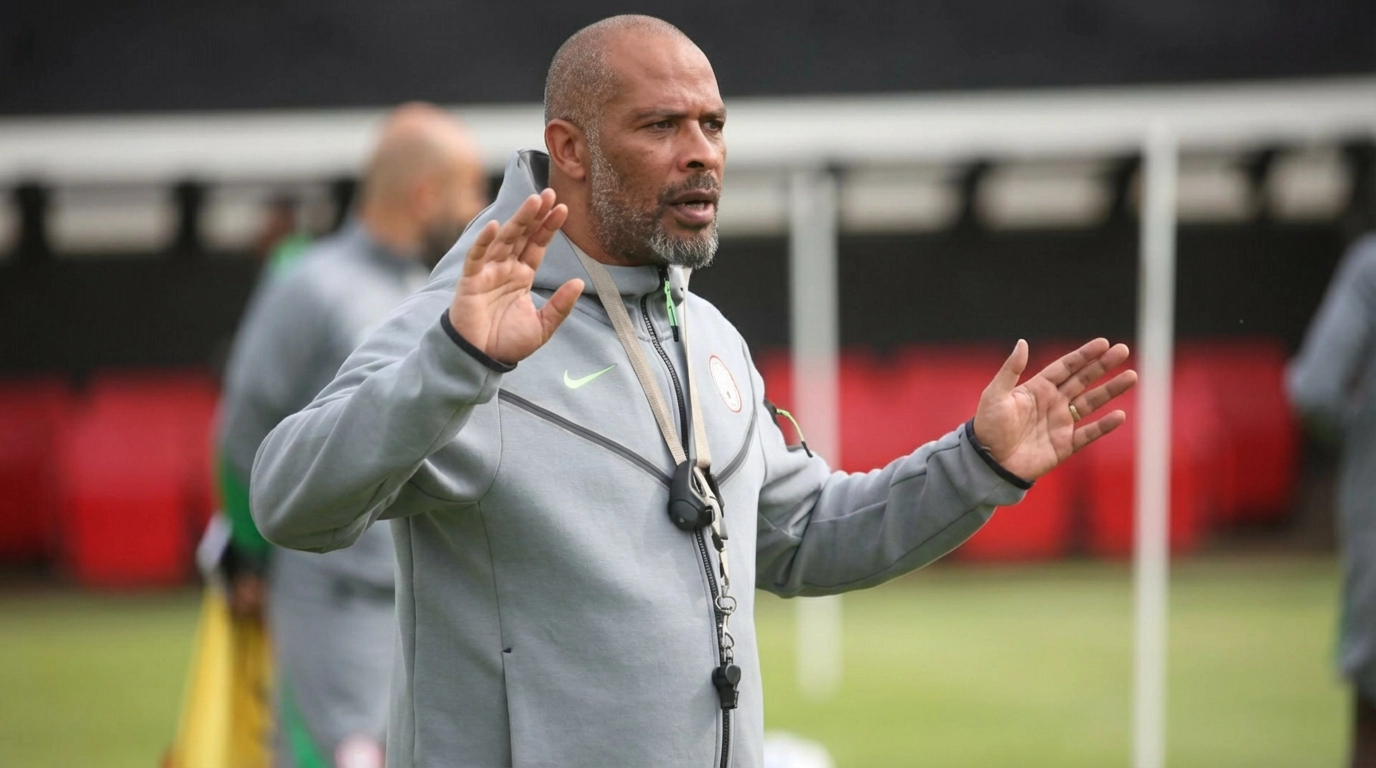With a record five victories in the FIFA U-17 World Cup, Nigeria is a force to reckon with in youth football. Products of these cadet championships have contributed to the transformation of senior national teams. But the country has lately failed to maintain its exalted position, even failing to qualify for the African youth championships. CHRISTIAN OKPARA writes that the country can regain its position in world youth football if it adopts a new strategy and cuts off shenanigans.
When the 2025 African U-17 Cup of Nations ended in Morocco on April 19, Nigeria’s Golden Eaglets, the competition’s record title holders, were conspicuously missing, having failed to qualify from the West African region for the competition that gave 10 of the participating countries tickets to the next FIFA U-17 World Cup.
The country’s past global exploits at the U-17 age grade level notwithstanding, it was countries like The Gambia, Senegal, Mali, Cote d’Ivoire, and Burkina Faso that proved at the zonal qualifiers that they were the better teams to represent West Africa at the continental championship.
The implication of the country’s failure to make it to Morocco is that, apart from denying Nigeria the opportunity to add to its five titles at the championship, it has also denied the nation the chance to showcase a new crop of youngsters, expected to graduate into the Super Eagles.
The country last won the U-17 AFCON in 2007 and finished runners-up in 2013, when Kelechi Iheanacho was one of the standout performers.
The national U-20 team, the Flying Eagles, fared better than their younger compatriots, as they qualified for the African U-20 Cup of Nations (U-20 AFCON), where they finished third.
The bronze medal won in Egypt gave the team the ticket to the FIFA U-20 World Cup scheduled to be held in Chile, in September.
However, the Flying Eagles’ performance at the U-20 AFCON left much to be desired from a team that the country previously relied on to feed the senior national team, the Super Eagles with quality stars.
This sad scenario calls into question the place of age-grade competitions in the country’s football development.
It is on record that since the national U-17 team, Golden Eaglets of 2015, which won the FIFA Cadet World Cup and gave the country such stars as Victor Osimhen, Samuel Chukwueze and Kelechi Nwakali, no youth team has been able to produce players of consequence for the Super Eagles.
However, the 2025 U-17 AFCON finals miss has furthered a recent trend of near misses for Nigeria’s age-grade teams. Nigeria also missed out on the 2023 U-17 FIFA World Cup in Indonesia by finishing outside the top four after losing 2-1 to Burkina Faso in the quarterfinal of the U-17 AFCON.
Some stakeholders have adduced different reasons for the country’s recent string of poor performance in age-grade competitions. They include neglect of grassroots football development, which served Nigeria well in the days of the Youth Sports Federation of Nigeria (YSFON), the introduction of the MRI test, which gives no room for age cheating, as well as the poor state of the facilities and lack of structures for youth football development.
Earlier this year, CAF Medical Manager, Dr Sidiki Boubakary, said that the body’s use of MRI has helped to curb the age-old issue of perceived age cheating in African youth football.
According to Boubakary: “In Africa, we have our realities that are different from those of some confederations such as UEFA, for example. To give these young boys the chance to compete with players in the same category as them, we must continue with this MRI protocol. And even provide a protocol for the upstream and downstream categories (U-15 and U-20) to achieve traceability, leading to young and competitive players in senior categories.”
What this means is that to be successful in African youth championships, a country must work on its players of the stipulated age grade to ensure that they are ready for the continental challenge.
This, according to some stakeholders, is what Nigeria has failed to do.
Dismissing the insinuation that the introduction of the MRI to determine players’ eligibility for youth competitions has affected Nigeria’s ability to compete successfully in international championships, a former Golden Eaglets’ Media Officer, Morakinyo Abodunrin, said that the problem lies with the country’s method of preparing teams for international championships.
Abodunrin, who admitted that Nigeria no longer has many players graduating from the age-grade competitions to the Super Eagles, said that the situation shows the kind of job done by such coaches as Manu Garba, Emmanuel Amunike and to a certain extent, Nduka Ugbade with the 2013, 2015 and 2017 teams, respectively.
You could see that the bulk of players we have been using for up to a decade now are players from the 2013 and 2015 teams. Lately, Tolu Arokodare of the 2017 set has also started playing for the Super Eagles.
“However, the problem with the current teams is that they no longer enjoy the kind of process that produced Victor Osimhen, Chukwueze, Kelechi Iheanacho, and the rest of the 2013 and 2015 Golden Eaglets.
“Let me give you a little background on that process. The 2013 set began camping in late 2011, which dovetailed into 2012 when the qualifiers actually started. Before they played their first match, they had been together for almost six or seven months, and going to the World Cup itself, they were about 10 months together. So, the coaches were able to work on these boys for that long.
“It is like when a player goes through such proper training that he grows to the needed level of dexterity, hence capable of achieving his ambition. If you ask any of these boys – Osimhen, Chukwueze, and Ndidi – they will tell you that some of the information they got in the junior teams has helped them in their careers.
“Unfortunately, we no longer have that luxury of time to prepare them for the junior tournaments, which are supposed to project them to the Super Eagles.”
Abodunrin blamed the country’s attitude to preparation for tournaments for the recent poor showing in major championships. There must be a deliberate effort on the part of the NFF and coaches to ensure that the players are well-groomed so that they can achieve a certain level of success, which they will improve on as they progress in their careers. But if you don’t groom them well, it will be difficult for them to reach their potential.

“It means that the MRI is not a problem. Rather, it is good for nurturing truly young players for the future. If we give our young talents proper training and proper exposure, we will produce strong junior teams for both the African U-17 Nations Cup and the FIFA Cadet World Cup.”
Also speaking on the country’s poor outing in recent youth championships, former Super Eagles’ star, Emeka Ezeugo, blames the Nigeria Football Federation (NFF) for the fallen standard of the youth teams. He said that the federation starts the losing process by employing poorly-resourced coaches for the teams.
According to Ezeugo, Nigeria’s football will continue to suffer until the NFF stops giving teams to “yes men”, who will do anything possible to please top officials of the federation just to retain their jobs.
“What they do at the NFF is to recycle coaches, who have not added any value to Nigerian football since they entered the system over 20 years ago.
“They will not look at coaches who are willing to tell them the truth about the game. The game is suffering and until the NFF realises that and changes its ways, the country will continue to suffer.”
Ezeugo disagrees with the suggestion that Nigeria is no longer producing talented players, saying that that is a lazy man’s excuse for the inability to do the right thing.
“Until we stop applying a quota system in team selection and start handing shirts to only players that are capable of doing the job, no matter where they come from, the teams will continue to suffer. We are struggling to qualify for the World Cup in a group containing Benin Republic, Lesotho, Zimbabwe, Rwanda, and South Africa because we have messed up the coaches’ selection. The same thing happened in 2022, and we missed the Qatar World Cup, and we did not learn anything from that painful experience.
He said: “Football in Nigeria died long ago. We must quit pretending that the beautiful global game is still our country’s favourite pastime. Maybe the English Premier League, La Liga, Ligue One, Bundesliga, etc, may still be the central focus of all Nigerian football fans. How many NPFL players make it to our country’s national team? Is it only Diaspora resident Nigerians who are great enough to be in the Super Eagles?
“Talent abounds in Nigeria, but we love the culture of cutting corners. We love using the back door to access any goal. I am an Aba boy; I can go to three football fields in Aba today and select 18 players that have no team that they’re playing in. But you know what, the wrong people are running football in Nigeria. They believe that bringing Diaspora resident Nigerians, who are nobodies in the European leagues is a much easier and profitable axis to make money from. That is why the Super Eagles is filled with low-quality players that the Republic of Benin can thrash and Lesotho, Zimbabwe, and South Africa can walk away with 1 – 1 draw and all.”
Getting the youth teams back to winning ways, according to former Golden Eaglets Coach, John Obuh, is easy, provided that those involved are ready to rejig the current system.
Obuh led the Golden Eaglets to the silver medal at the FIFA U-17 World Cup hosted by Nigeria in 2009 and also tutored the Flying Eagles to the FIFA U-20 World Cup two years later in Colombia.
He emphasised that missing another African youth championship is another setback for the country’s youth football development, and also has serious implications for the senior national team.
“By now, we should have known the structure of our next under-17 team by making sure we have an excellent scouting scheme in place. We should also know that the coach in charge should be announced early.
“He needs to take his time to build the team because, no matter how good a coach is, if he does not start on time to select his players and look at them repeatedly, it may be difficult to get a good squad and for us to blossom again,” Obuh warned.






